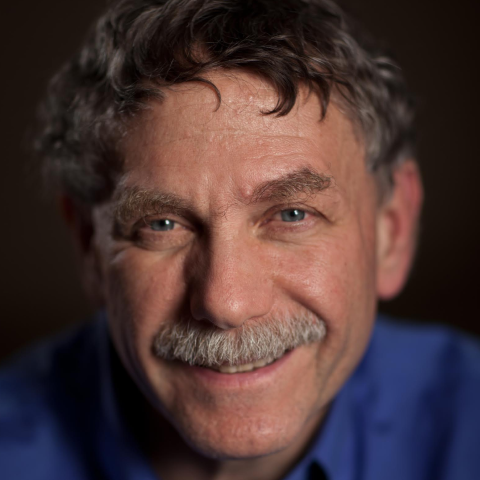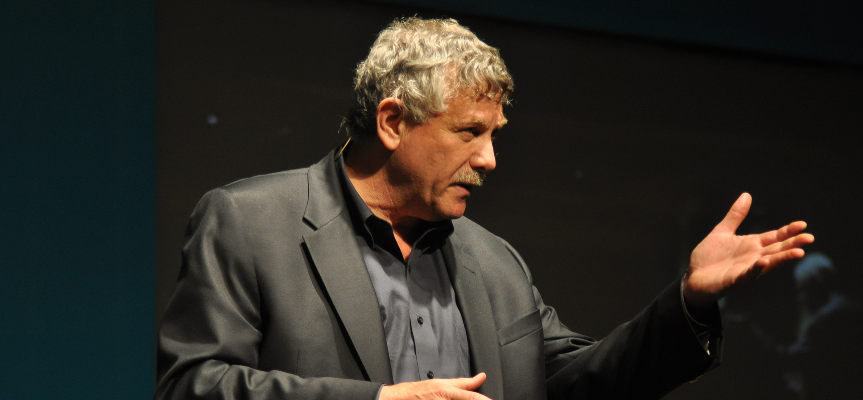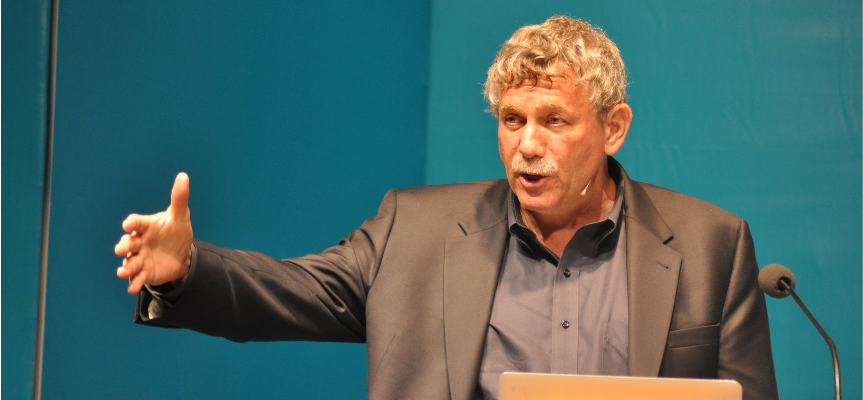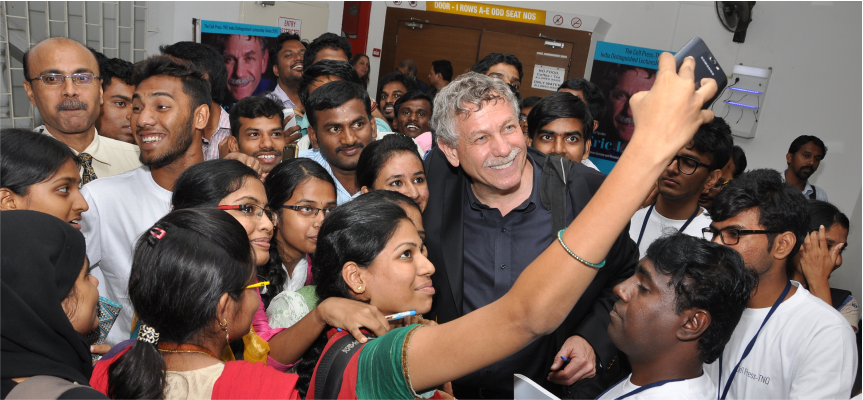Born in Brooklyn, NY in 1957, Dr. Lander attended Stuyvesant High School in Manhattan. He earned a B.A. in mathematics from Princeton University in 1978 and a Ph.D. in mathematics from Oxford University in 1981, which he attended as a Rhodes Scholar. He was an assistant and associate professor of managerial economics at the Harvard Business School from 1981-1990. He served as a Whitehead Fellow from 1986- 1989. In 1990, Dr. Lander became Professor of Biology at MIT and Member of the Whitehead Institute. He founded the Whitehead/MIT Center for Human Genome Research, which was both a flagship of and leading contributor to the HGP, and which also became a cornerstone of the new Broad Institute.
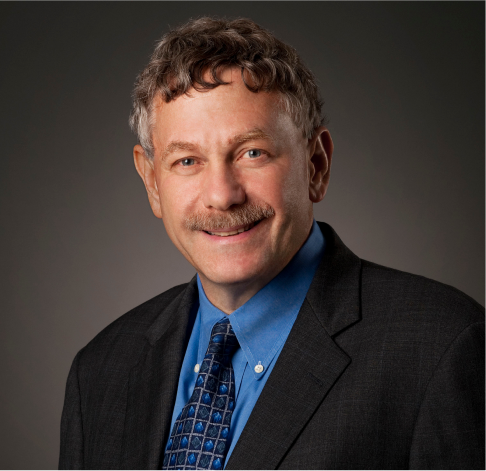
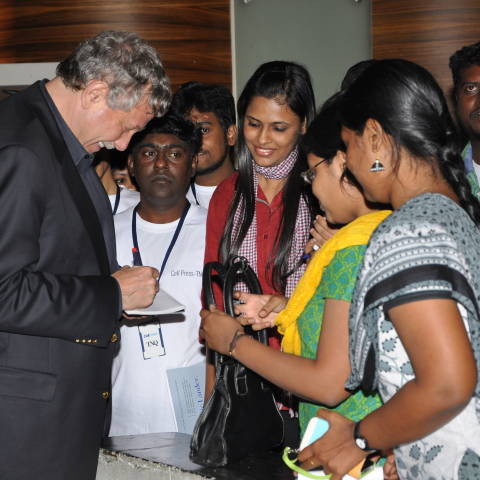
Dr. Eric Lander is the President and Founding Director of the Broad Institute of Harvard and MIT, a new kind of biomedical research institution focused on genomic medicine. In 2003, Dr. Lander founded the Broad Institute of Harvard and MIT, a unique research institution focused on genomic medicine that spans Harvard University, the Massachusetts Institute of Technology, and the Harvard-affiliated hospitals. The Broad Institute has become a model for a new kind of collaborative biomedical research community, enabling creative scientists to tackle important challenges that span medicine, biology, chemistry, mathematics, computer science and engineering.
Dr. Lander is also Professor of Biology at MIT and Professor of Systems Biology at the Harvard Medical School. Dr. Lander additionally serves as Co-Chair of the US President’s Council of Advisors on Science and Technology.
However, in his own words, he increasingly began to realize that “the career of mathematics is rather monastic,” and “even though mathematics was beautiful and I loved it, I wasn’t a very good monk.” A chance introduction to mathematical biology led him to fit classes in biology around his lectures and to spend his evenings learning how to clone fruit fly genes.
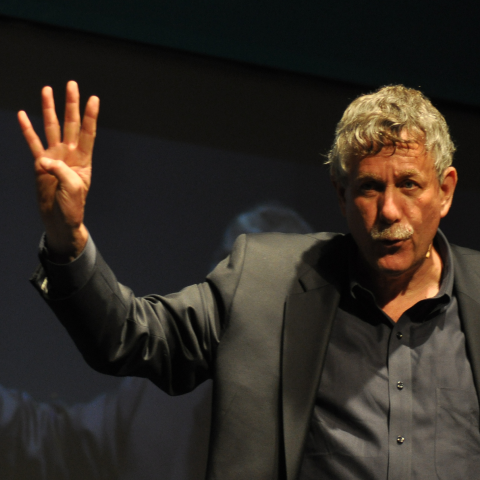
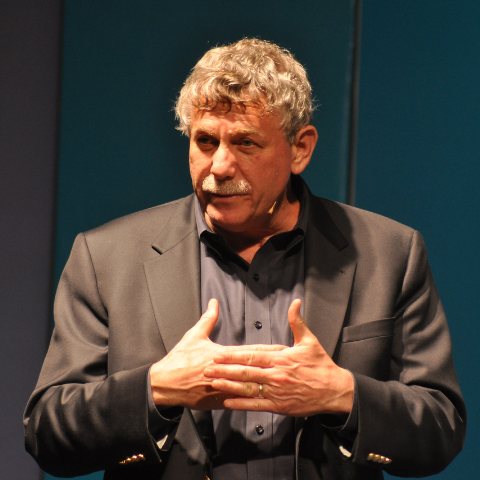
Lander collaborated to create the first genetic map of the whole human genome, providing signposts that geneticists could use to map disease genes to specific chromosomal locations. In 1990, he received one of the initial grants under the NIH’s Human Genome Project and founded the Whitehead/MIT Center for Genome Research. The Center developed powerful laboratory and analytical tools for genomics and applied them to produce a dense genetic map of the mouse genome and then dense physical maps of the human and mouse genome; these maps would be essential precursors to sequencing.
With NIH funding to develop large-scale sequencing, Lander’s genome lab soon became one of the largest genome centres in the world. Together with the Wellcome Trust Sanger Institute in England and the Washington University in St Louis, it led the task of sequencing and assembling the complete human genome in draft form by June 2000 and in finished form in April 2003. In addition, Lander personally led the analysis group who analyzed the contents of the human genome for publication in 2001.
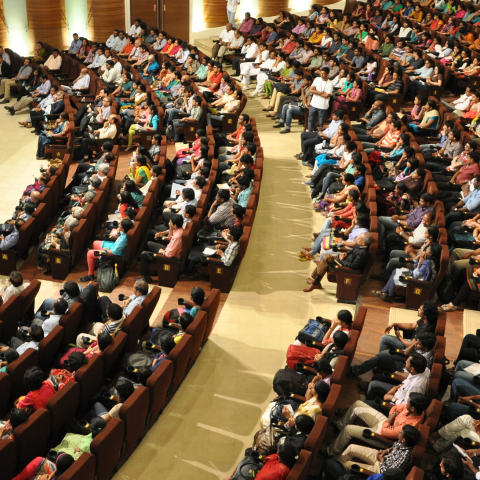
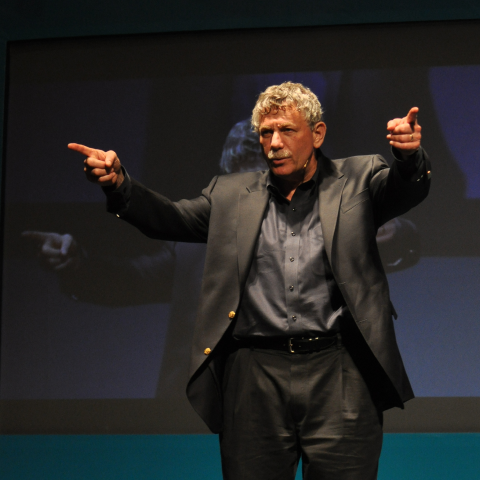
In June 2003, MIT and Harvard announced that the Center for Genome Research would become the basis for a new research institute, the Broad Institute. Named for its founding donors Eli and Edythe Broad, the Institute links MIT, Harvard University and five Harvard-affiliated hospitals. Lander serves as the Broad’s President and Founding Director. The Broad Institute, as said earlier, is a new kind of collaborative research institution that brings together more than 2300 scientists to tackle important challenges in biomedicine.
Dr. Lander played a central role in setting standards for DNA fingerprinting in the late 1980s and early 1990s, leading to the rigorous standards used today that have made the technology a powerful tool for identifying criminals and exonerating innocent people. He serves on the Board of Directors of the Innocence Project.
He played a central role in conceiving and launching a project to create a comprehensive map of cancer genomes. His group has been a leading contributor to these efforts, through work on dozens of cancers. His ideas gave rise to international projects to create comprehensive catalogs of human genetic variation (in which his group played a central role) and to hundreds of collaborative efforts around the world to understand the genetic basis of common human diseases, such as diabetes, cancer, inflammatory diseases and psychiatric disorders.
Lander has also been a founding advisor of several biotechnology companies, including Millennium Pharmaceuticals, Infinity Pharmaceuticals and Foundation Medicine.
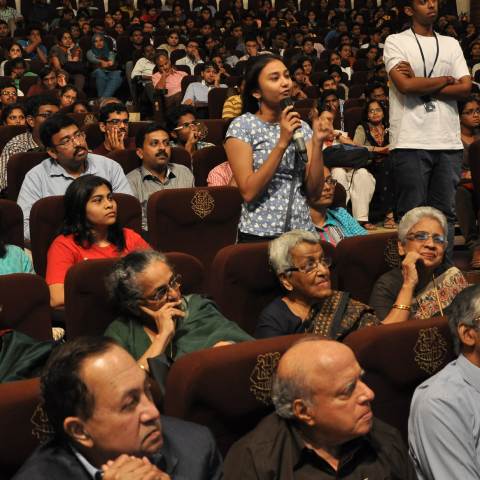
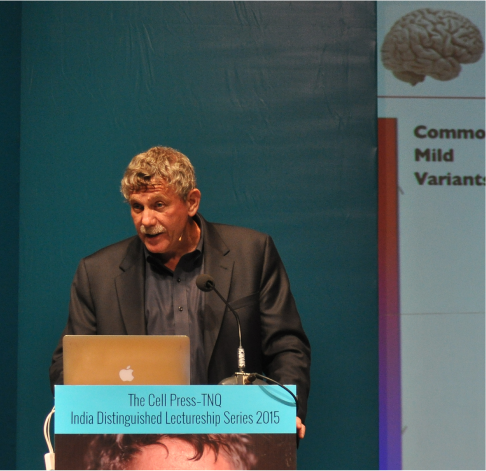
In 2008, Dr. Lander was appointed by President Obama to co-chair the President’s Council of Advisors on Science and Technology (PCAST). PCAST is a council of 21 of the nation’s leading scientists and engineers, which advises the White House on matters including health, advanced manufacturing, energy policy, information technology, drug innovation, spectrum and communications policy, nanotechnology and national security. He also serves as a member of President Obama’s Council on Jobs and Competitiveness.
Dr. Lander is an avid teacher. He has taught MIT’s Introductory Biology course for more than 20 years, and is particularly proud to have been awarded MIT’s Baker Prize for Undergraduate Teaching. He has also been active in communicating science to the broader public. He gave a Millennium Lecture at the White House in December 1999 and lectures to the Dalai Lama in Dharamsala, India. Dr. Lander was an early pioneer in the free availability of genomic tools and information. Finally, he has mentored an extraordinary cadre of young scientists who have become the next generation of leaders in medical genomics.
Lander is concurrently Professor of Biology at MIT and Professor of Systems Biology at the Harvard Medical School.
